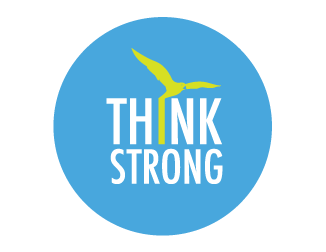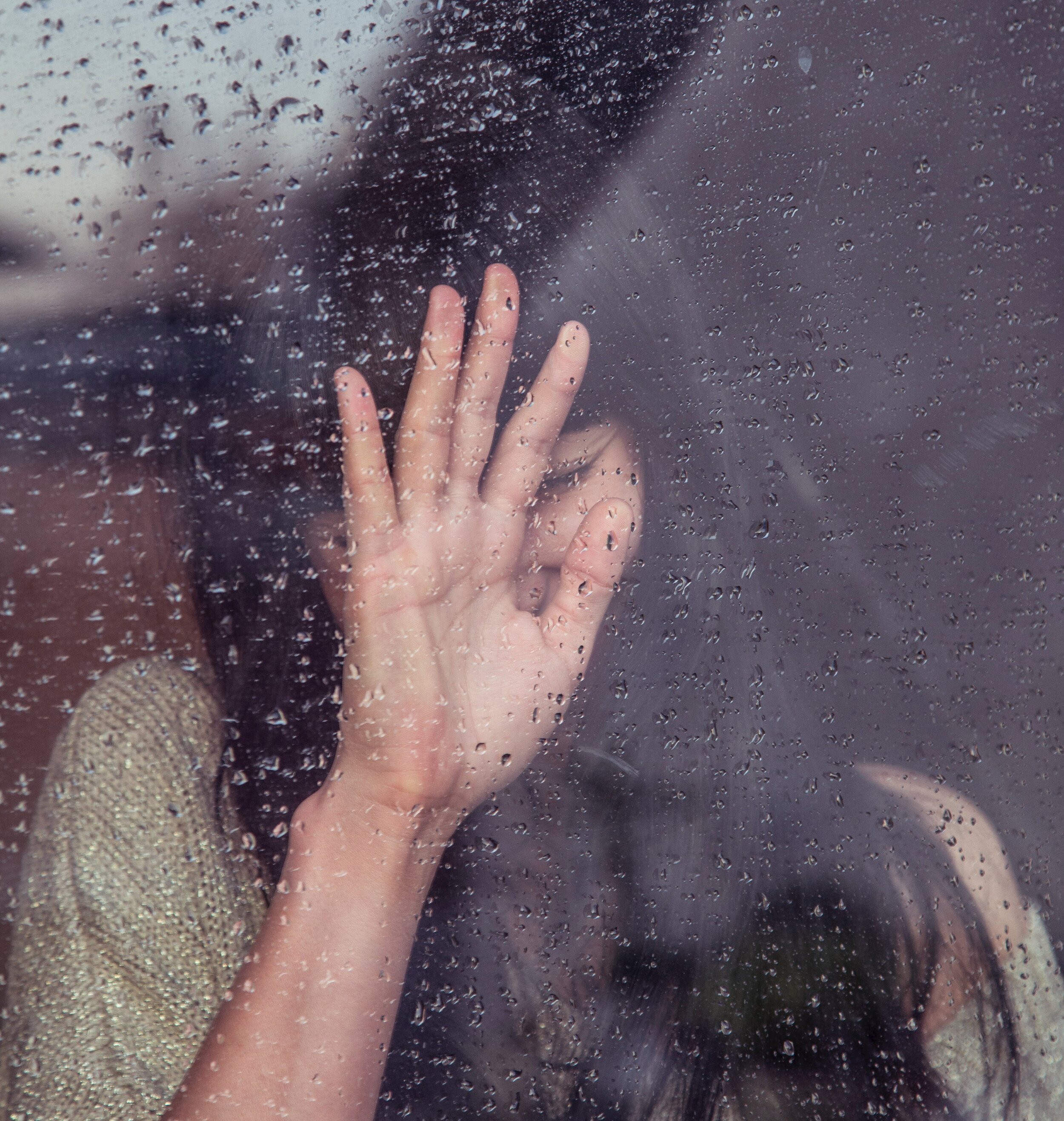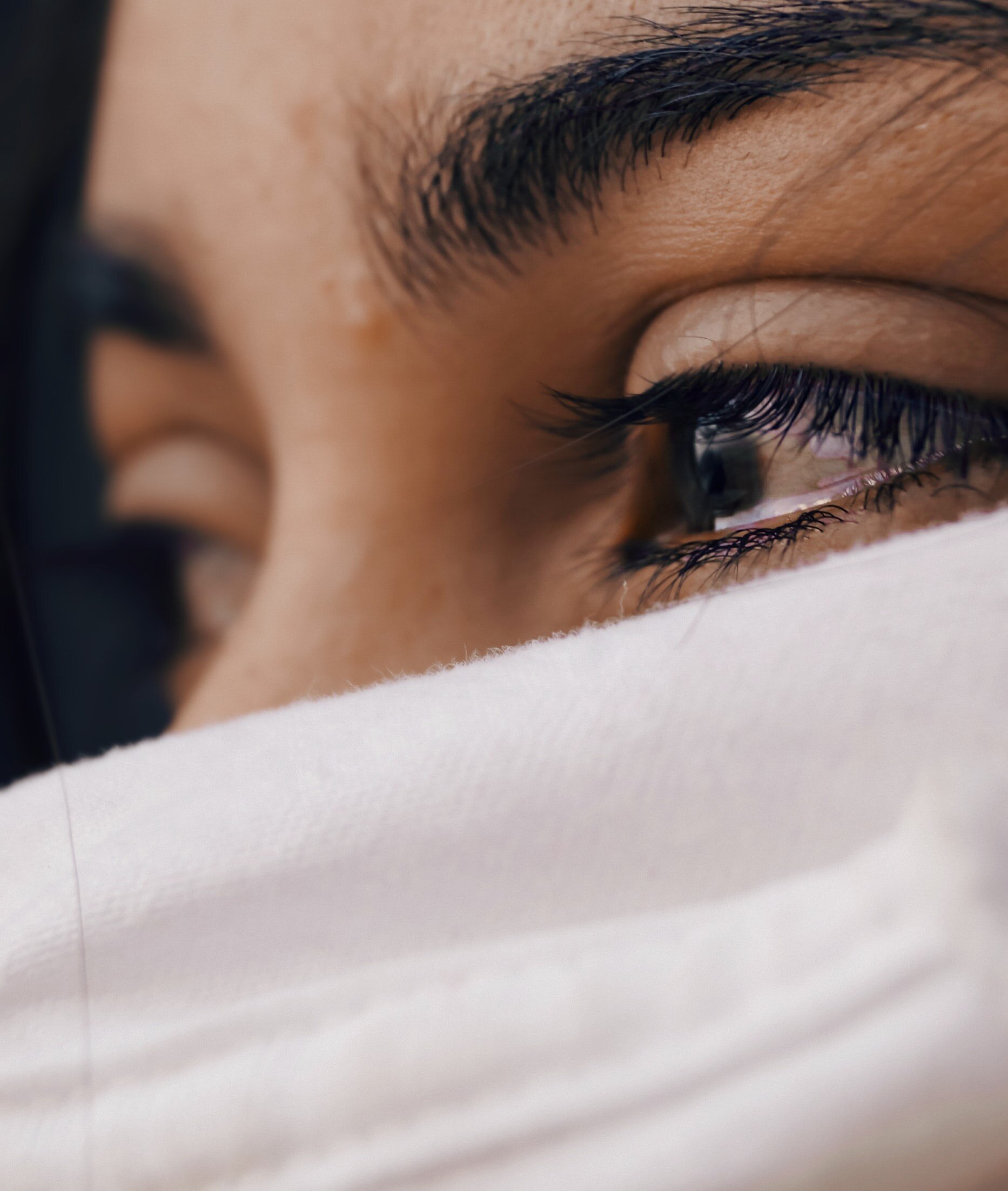What is Trauma:
Trauma is the experience of severe psychological distress following any terrible or life-threatening event. Sufferers may develop emotional disturbances such as extreme anxiety, anger, sadness, survivor’s guilt, or PTSD. They may experience ongoing problems with sleep or physical pain, encounter turbulence in their personal and professional relationships, and feel a diminished sense of self-worth due to the overwhelming amount of stress.
Traumatic experiences often arouse strong, disturbing feelings that may or may not abate on their own. In the immediate aftermath of a traumatic event, it is common to experience shock or denial. A person may undergo a range of emotional reactions, such as fear, anger, guilt, and shame. Feelings of helplessness and vulnerability are also common. Some may experience flashbacks and other signs of PTSD. Traumatic memories fade naturally with time. Persistence of symptoms is a signal that professional help is needed.
Trauma can result in depression and anxiety as well as a loss of confidence and low self-esteem. We can begin to question who you are as a person and indeed what is the purpose of life. We may even think about ending our lives. The physical side of us can be put back together but the mental aspects of “feeling broken” are often ignored. Recovery has many facets from personal loss of control to management of medication and that general feeling of helplessness. These can be all actively managed and with a refocusing on your direction in life.
Early life trauma and the emotional pain that follows may cause us to choose many different ways of coping which, in themselves, can be perceived to be part of a bigger problem. I examine what it feels like to be part of a broken world from a perspective of trauma and addiction looking to provide stability and support while reintegrating thoughts and emotions.
How to Cope with Trauma:
Although the instigating event may overpower coping resources available at the time, it is nevertheless possible to develop healthy ways of coping with the experience and diminishing its effects. Research on trauma identifies several healthy ways of coping, such as avoiding alcohol and drugs, seeing loved ones regularly, exercising, sleeping, and paying attention to self-care.
Coronavirus - the profound mental impact



